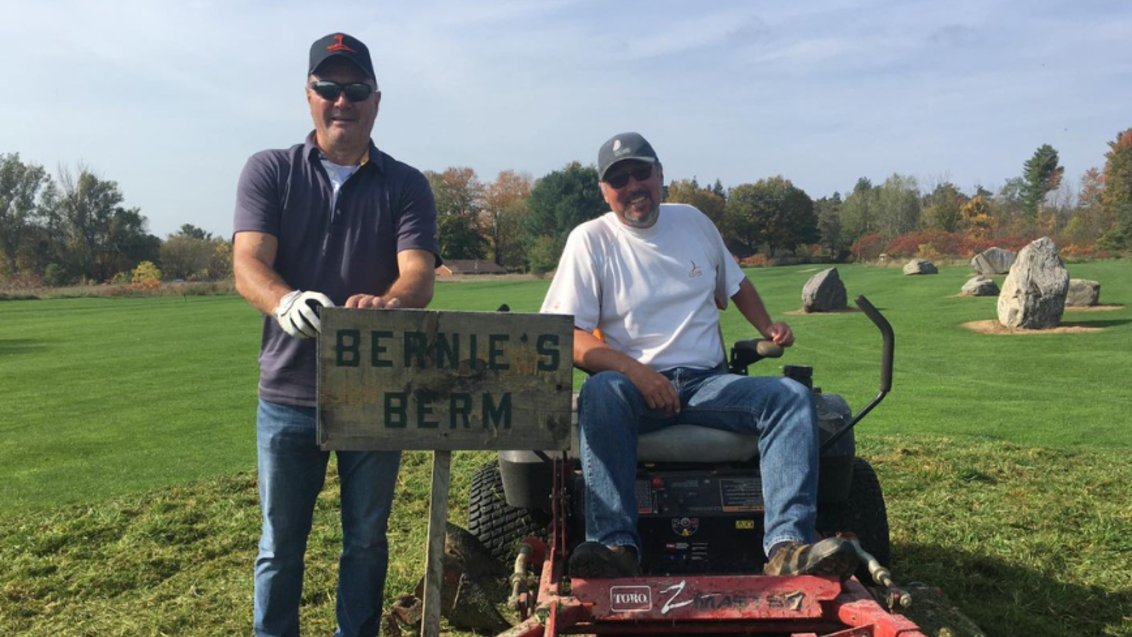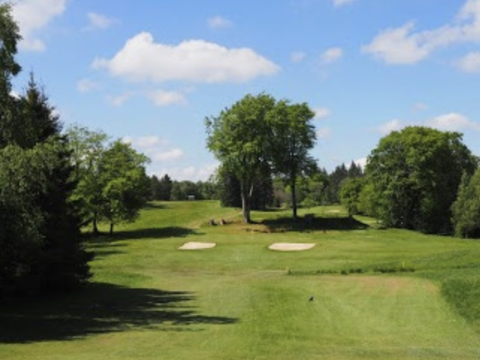New golfers: ‘The solution is simple’

“The people who profit from the business of golf should be the ones making the investment to grow the game,” says Jason Harris, owner of Orr Lake Golf Club - one of 12 golf courses in Barrie, Canada - which develops new golfers by collaborating on community projects and schools outreach.
Harris, a 30-year golf industry veteran, believes clubs would become more profitable in the long term if they worked in partnership with neighbouring facilities to attract new golfers, rather than compete locally for existing players using discounted green fees and memberships.
It’s a philosophy he developed after buying Orr Lake Golf Club in Ontario’s Georgian Bay region with his wife Andrea in 2006.
Describing the 18-hole lakeside course as historically ‘underperforming’ and located ‘in the middle of nowhere’, Harris increased revenue by 40% and profitability by over 45% in under five years by switching his focus to growing the game.
“Every year, apart from one, we have seen an increase in profitability, and I put that down to us asking how do we keep growing this game,” says Harris.
“Golf is the highest participation sport, full stop, in Canada. Seventeen percent of the population plays golf but in Ontario, less than half the golf facilities had any form of program to help people learn to play golf.”
Rather than lower the perceived value of his product through discounting, Harris says he decided to create new customers by focusing on juniors and women.
He set up learn-to-golf programs at Orr Lake, with women able to sign up for six lessons and the option to play five holes afterwards.
The programs included 10 nine-hole weekday green fees, redeemable at quieter times and twilight slots, helping ease the transition to on-course play.
In tandem, Orr Lake Golf Club worked with Mike Kelly and Golf Ontario to sponsor local schools, providing qualified golf coaches and bus transport to bring children to the course, where they played on a putting green and a makeshift driving range built using two telegraph poles and a large net.
A three-hole short course was developed in unused land on club grounds and used principally for introducing school children to golf.
The success of these development pathways helped Harris and Golf Ontario persuade other clubs to work together and create Golf Barrie, a cooperative of 12 courses, which introduced more than 5,000 children to golf in 2016.
“As a golf course owner, if I want to grow the game, I should be the person sponsoring the school and stepping up to make that program happen,” adds Harris.
The main competition for golf courses is not nearby golf facilities says Harris, but other sports and leisure activities, and in Barrie that means Slo-Pitch, a form of softball popular with families.
When the Covid-19 pandemic shut down the majority of organized sports, golf experienced a dramatic uplift in global demand which Harris says reinforces his calls for greater industry collaboration.
“We need to drop down the walls between golf courses, understand who the real competition is and work together to grow the game,” he continues.
“When you create a new golfer, you create a customer for the golf industry, not just your own course or driving range.”
Harris is a former regional director of the National Golf Course Owners Association, former board member of Golf Ontario and has volunteered his time and experience to demonstrate the impact of his community golf development work.
The Golf Barrie project has inspired Golf Ontario to expand a new initiative called Golf Communities, which is being rolled out across the province.
Golf Communities is based on Harris’ experiences at Orr Lake and in his community, and involves getting golf into the school curriculum and helping golf course owners develop their own learn-to-golf programs.
“The solution is simple: teach more people the game of golf,” says Harris.

